
A Rockstar Chemist and Her Cancer-Attacking “Lawn Mower”
People I (Mostly) Admire Podcast
Recommendation
She’s exploring the cure for cancer, she used to be in a band with Tom Morello of Rage Against the Machine and Audioslave fame, and there’s a very good chance she’ll win a Nobel Prize. Meet Carolyn Bertozzi, chemist, Stanford professor and researcher. In this People I (Mostly) Admire podcast interview, she and Steve Levitt discuss how one takes research results gained in the hallowed halls of academia and transforms those results into the medical therapies and diagnostic tools that will eventually benefit the public.
Summary
About the Podcast
Steven D. Levitt is an economist and best-selling author of the Freakonomics book series. He created and hosts the Freakonomics podcasts, including Freakonomics; Freakonomics, MD; and People I (Mostly) Admire. Guest Carolyn Bertozzi is a chemist. Holder of the Anne T. and Robert M. Bass Professorship in the School of Humanities and Sciences at Stanford, she created the term “bioorthogonal chemistry” to describe chemical reactions compatible with living systems.








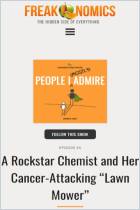

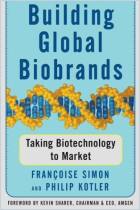
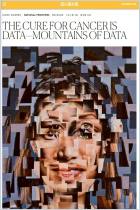
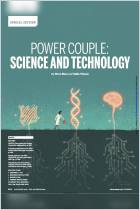
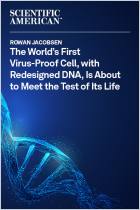



Comment on this summary or Start Discussion